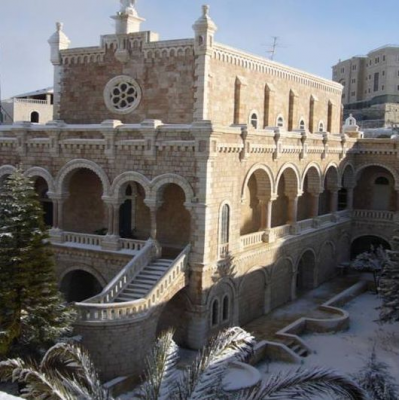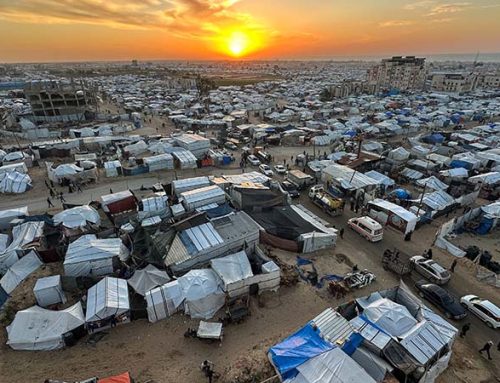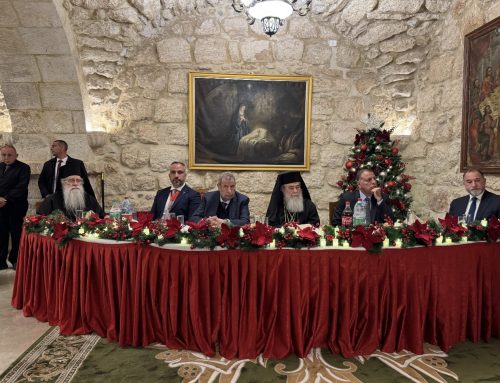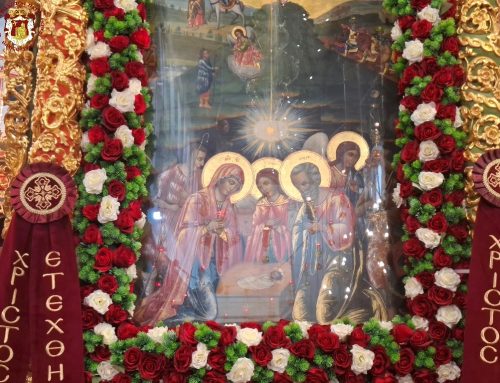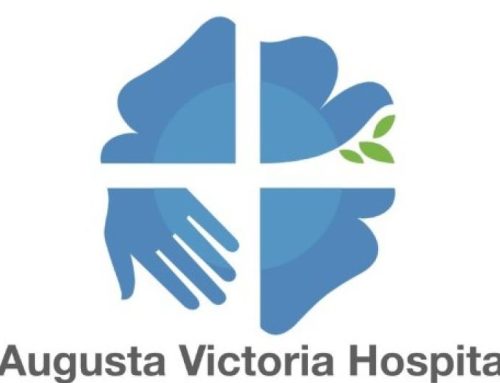As Covid-19 approaches, a hospital in Bethlehem is already on the brink of collapse, Michelle Bowe, Ambassador of the Order of Malta to Palestine has warned.
“Covid 19 has caused the total closure, geographic and economic isolation of the Bethlehem region. Families do not have enough money for food, not to mention medical treatment. At the Holy Family Hospital important medical equipment is lacking, which endangers the lives of our newborn babies, many of whom are born before 32 weeks. There is also a great lack of face masks and a problem of blood availability. We are on the brink of collapse,” she said.
The Holy Family Hospital in Bethlehem, run by the Order of Malta for 30 years, is preparing to face the epidemic. As the only hospital in the region with a neonatal intensive care unit, capable of allowing mothers to give birth and save the lives of children born before 32 weeks, its is desperately needed. Infant mortality in the region is currently five times higher than that of most developed countries and can be attributed to lack of prenatal care, poverty and barriers to health care.
But how is Palestine responding to a possible increase in the number of COVID-19 cases and how can the health system prepare itself to define an effective response despite difficult living conditions? To address these urgent issues, the government and the Order of Malta, together with the London think tank ‘Forward Thinking’, has launched the ‘Doctor to Doctor’ project, which allows health experts to share knowledge with their counterparts in Bethlehem online.
The project aims to help countries that are subject to occupation, scene of political unrest, economic challenges, ongoing conflicts or victims of the effects of the crisis in neighbouring countries, to address the pandemic; the project will be repeated in the coming days with other countries, starting with Jordan and Lebanon.
Two separate workshops have been held so far between Palestinian doctors and a pool of experts on the front lines in managing the health crisis caused by Covid 19. Although the Gaza Strip has fewer than 20 confirmed Covid 19 cases, the very high population density and scarce infrastructure makes social distancing measures extremely difficult. In order to continue the quarantine effectively, the Order of Malta says, Gaza needs sufficient tests to make sure that no one comes out of isolation prematurely, enough drugs to treat patients arriving from other countries and enough face masks to protect the medical and security personnel in quarantine centres.
In the event of an epidemic in Gaza, the high population density would probably cause many more cases, and on many occasions it would go unnoticed until severe symptoms occur, with the need for hospitalisation for a large number of patients in expensive intensive care units, which are very scarce in the region.
“Covid 19 represents a common enemy for those who live in Israel and Palestine. It does not respect borders, does not see checkpoints, the belonging to a faction or a political party. Therefore, a bilateral public health response is needed to curb contagion. The crisis represents an opportunity for all parties of the Israeli-Palestinian conflict to review their relationship to facilitate an effective and joint medical response to the virus.
Source: www.indcatholicnews.com

